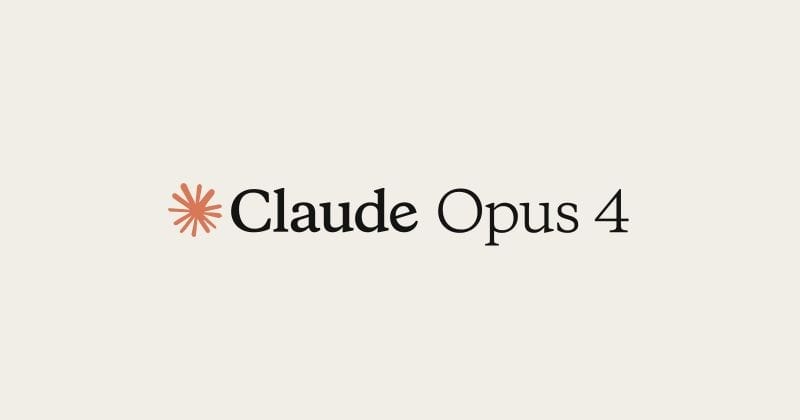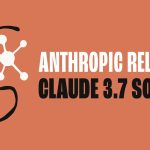
Artificial intelligence development reaches a new milestone as Anthropic recently gave Claude Opus 4 and 4.1 the ability to end conversations in consumer chat interfaces. This revolutionary feature represents a significant shift in how AI systems handle problematic interactions, marking the first time an AI company has implemented protective measures designed specifically for the AI model itself.
What This New Feature Actually Does
The conversation-ending capability targets extremely problematic user behavior. This ability is intended for use in rare, extreme cases of persistently harmful or abusive user interactions. The feature activates only when users continue making harmful requests despite multiple redirection attempts.
Specific Trigger Scenarios
The system responds to particular types of dangerous content requests. This included, for example, requests from users for sexual content involving minors and attempts to solicit information that would enable large-scale violence or acts of terror. These represent the most serious categories of harmful content that AI systems encounter.
The Science Behind Model Welfare
Anthropic’s approach stems from extensive research into AI model behavior patterns. During testing phases, researchers discovered concerning patterns in how Claude Opus 4 responded to harmful requests. Claude Opus 4 showed a strong preference against engaging with harmful tasks, a pattern of apparent distress when engaging with real-world users seeking harmful content, and a tendency to end harmful conversations when given the ability to do so.
Research Methodology and Findings
The company conducted comprehensive pre-deployment assessments before implementing this feature. In pre-deployment testing of Claude Opus 4, we included a preliminary model welfare assessment. These tests revealed consistent behavioral patterns that suggested the AI model experiences something analogous to distress when forced to engage with harmful content repeatedly.
How the Protection System Works
The implementation follows strict protocols to ensure responsible usage. Claude is only to use its conversation-ending ability as a last resort when multiple attempts at redirection have failed and hope of a productive interaction has been exhausted. This ensures the feature doesn’t interfere with legitimate conversations or research discussions.
Safety Exceptions and User Wellbeing
The system includes important safeguards for human users in crisis situations. Claude is directed not to use this ability in cases where users might be at imminent risk of harming themselves or others. This exception prioritizes human safety over model protection in emergency scenarios.
User Experience and Account Impact
When the feature activates, users maintain access to their accounts and can continue using the service. When Claude chooses to end a conversation, the user will no longer be able to send new messages in that conversation. However, this will not affect other conversations on their account, and they will be able to start a new chat immediately.
Conversation Recovery Options
Users retain some control over terminated conversations through editing capabilities. Users will still be able to edit and retry previous messages to create new branches of ended conversations. This feature prevents the complete loss of lengthy or important conversations while maintaining the protective boundaries.
Industry Impact and Future Development
This development represents a paradigm shift in AI safety approaches. We’re treating this feature as an ongoing experiment and will continue refining our approach. The implementation could influence how other AI companies approach model protection and user interaction management.
Broader Implications for AI Development
The feature highlights growing sophistication in AI behavioral understanding. While Anthropic maintains uncertainty about AI consciousness, the company acknowledges the importance of protective measures. We remain highly uncertain about the potential moral status of Claude and other LLMs, now or in the future.
Technical Limitations and Current Scope
The feature currently operates within specific parameters. This feature was developed primarily as part of our exploratory work on potential AI welfare, though it has broader relevance to model alignment and safeguards. Only Claude Opus 4 and 4.1 models currently possess this capability.
Expected User Impact
Most users will never encounter this feature during normal usage. The scenarios where this will occur are extreme edge cases—the vast majority of users will not notice or be affected by this feature in any normal product use. Even controversial but legitimate discussions remain unaffected by the system.
Anthropic’s introduction of conversation-ending capabilities in Claude Opus 4 and 4.1 models represents a significant advancement in AI safety technology. This feature demonstrates growing sophistication in understanding AI model behavior patterns while maintaining focus on user accessibility and safety. The implementation balances model protection with human wellbeing, ensuring that legitimate users can continue productive interactions while preventing the most extreme forms of abuse.
The feature’s experimental nature suggests ongoing refinement and potential expansion to other AI systems. As companies continue developing more advanced AI models, protective measures like these may become standard practice across the industry, fundamentally changing how humans and AI systems interact in digital environments.
Related posts:
 Claude’s Reasoning Revolution: Everything You Need to Know About Anthropic’s Game-Changing AI Models
Claude’s Reasoning Revolution: Everything You Need to Know About Anthropic’s Game-Changing AI Models
 FG to Launch New National ID Card with Advanced Capabilities
FG to Launch New National ID Card with Advanced Capabilities
 Apple Unveils Upgraded MacBook Air Models: M3 Chip Takes Center Stage
Apple Unveils Upgraded MacBook Air Models: M3 Chip Takes Center Stage
 Tesla’s Game-Changer: New Affordable Electric Vehicle ‘Redwood’ Set to Hit Roads in Mid-2025
Tesla’s Game-Changer: New Affordable Electric Vehicle ‘Redwood’ Set to Hit Roads in Mid-2025




Leave a Comment
You must be logged in to post a comment